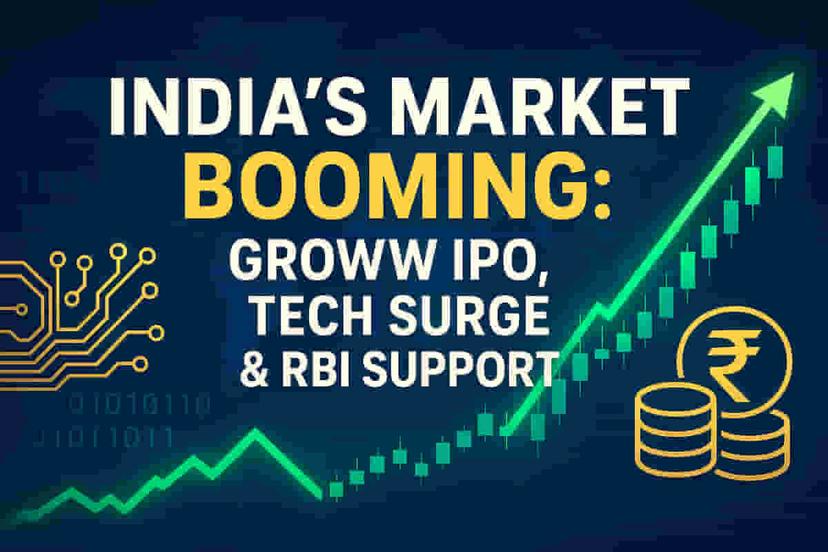India Unleashes ₹25,000 Crore Export Revolution for Small Businesses!
Economy
|
Updated on 12 Nov 2025, 03:40 pm
Reviewed By
Abhay Singh | Whalesbook News Team
Short Description:
▶
Detailed Coverage:
The Indian Union Cabinet, chaired by Prime Minister Narendra Modi, has given its approval for a significant export promotion mission with a substantial outlay of ₹25,060 crore, set to span six years from the current fiscal.
Announced by Information and Broadcasting Minister Ashwini Vaishnaw, the mission's primary objective is to provide a robust boost to Micro, Small, and Medium Enterprises (MSMEs) by making their global operations more competitive. This will be achieved through measures such as offering interest subvention to exporters, which effectively lowers the cost of borrowing.
Furthermore, the Cabinet also sanctioned an expansion of the existing credit guarantee scheme for exporters, earmarking an additional ₹20,000 crore for this purpose. This move is designed to mitigate credit risks for financial institutions, thereby encouraging them to extend greater financial support to exporters.
Minister Vaishnaw highlighted that this initiative will empower MSME exporters by improving their access to affordable credit and aiding them in scaling up their operations to meet international demand.
In addition to these economic measures, the Cabinet also conveyed its deep sorrow over a recent terrorist attack and reiterated its commitment to zero tolerance towards terrorism.
Impact: This policy is expected to have a positive impact on Indian businesses, particularly the MSME sector, which forms a significant part of the Indian economy. By reducing financial burdens and enhancing credit availability, it can lead to increased exports, foreign exchange earnings, job creation, and ultimately contribute to economic growth. The improved global competitiveness for Indian MSMEs could also indirectly benefit listed companies that rely on these smaller enterprises for their supply chains.
Impact Rating: 7/10
Difficult Terms Explained:
Interest Subvention: This refers to a subsidy provided by the government or another body to reduce the interest rate on loans for specific borrowers, making credit more affordable. In this case, it's for exporters.
Credit Guarantee Scheme: A system where a third party (often the government) guarantees to cover a portion of the loan amount if the borrower defaults. This reduces the risk for lenders and encourages them to provide loans, especially to entities that might be considered higher risk, like small businesses.
Global Competitiveness: The ability of a country or its companies to sell goods and services internationally, often measured by factors like price, quality, and innovation, in comparison to foreign competitors.
Protectionsim: Economic policies that restrict international trade to help domestic industries, often through tariffs, quotas, or subsidies.
Trade Barriers: Obstacles imposed on international trade, such as tariffs, quotas, import licenses, and regulations, which make it more difficult or expensive to trade goods and services across borders.
IPO Sector

Tenneco Clean Air India IPO: Rs 1080 Crore Anchor Funding & Massive Investor Rush Unveiled!

India Poised for Gains? Groww IPO Debut, IT Sector Boom, Bihar Polls & RBI's Rupee Defense - What Investors Need to Watch!
Research Reports Sector




